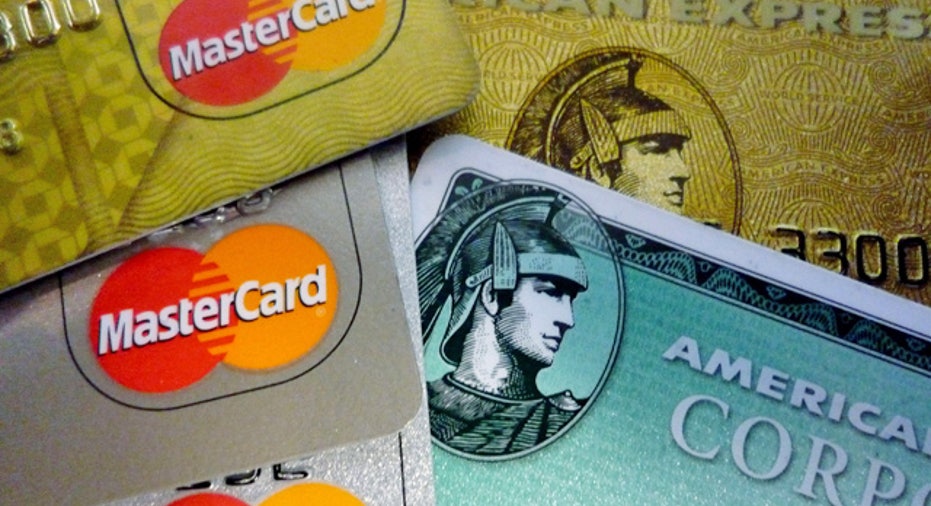Pros and Cons of Prepaid Debit Cards

Prepaid debit card use is exploding.
They're now the fastest growing payment method. Americans spent about $37 billion on prepaid debit cards last year -- double the amount from 2009, according to the Network Branded Prepaid Card Association.
Yet you may get socked with higher fees when using them, compared to traditional bank checking accounts where fees also are rising, according to a recent Consumer Reports study.
So are prepaid debit cards good for you?
The answer depends on how you use them. If you're controlling your expenses, limiting potential losses while traveling or teaching kids about money, prepaid cards make sense. The reason: You can't spend more money than is on your card. And because they're cobranded with MasterCard or Visa, you can pay bills online or use them almost anywhere.
To tap into this boom, American Express launched its own version in June. It's a prepaid, reloadable card that you can use at ATMs, online or any place that takes AmEx cards. Online statements can help you track spending.
But like all prepaid debit cards, the AmEx card does have fees. The first monthly withdrawal is free, but AmEx charges you $2 for every subsequent ATM withdrawal.
A plethora of fees is the biggest downside to prepaid debit cards, says Jeffrey Woolf, a Certified Financial Planner based in New York. They can include reload, maintenance and activation fees.
Why so many fees? Prepaid cards are exempt from federal consumer protection laws that apply to bank debit cards, according to a recent Consumer Reports study.
"It's a lot of grief for little buying power," Woolf says. Putting $100 on a card could cost you 20 percent just to load it, he says. The upshot is that if you use the card a lot, you may be spending high fees just to move your money from one bank account to another.
Still, there are situations when prepaid debit cards do make sense.
Curbing spending. With prepaid debit cards, you only spend money that's loaded on the card. "That's good because you can't carry a credit balance," says Howard Dvorkin, founder of the nonprofit Consolidated Credit Counseling Services in Fort Lauderdale, Fla. The downside is you don't build a credit history since the card is just a cash conduit.
But controlling spending does help you better save for long-term goals like retirement or managing debt.
Keeping money safe when traveling. Prepaid debit cards are easily used overseas. And there's another upside: If your card is stolen, your losses are limited to the amount on your card. You're not stuck with a drained bank account, damaged credit or lost time recovering funds, Woolf says. "You have damage control," he says.
Woolf recommends carrying a prepaid debit card and a low-limit credit card for emergencies.
Teaching kids about money. Prepaid cards can teach kids how to spend money within set limits. That's the purpose behind the website BillMyParents.com. It offers prepaid, reloadable debit cards that track teen spending and allow parents to control. Every time the card is used, an instant text alert shows parents how much money was spent and where. Parents can even instantly lock the card or load emergency funds onto it.
"The card empowers parents to help teens develop smart habits," says Evan Jones, vice president of BillMyParents.com. "When you give a cash allowance, you don't know what happens to it." The typical monthly amount loaded on the card is $50 to $100.
The card does have fees, including a $3.95 monthly service fee (after one free month) and a 75-cent reload fee.
Preventing data from being stolen. As data theft soars, prepaid cards are a good stopgap, Dvorkin says. Because your card isn't linked to personal data like Social Security numbers or bank account data, there's no information to steal.
Prepaid cards also are a better way to buy online because you can protect yourself against consumer fraud, Dvorkin says.



















